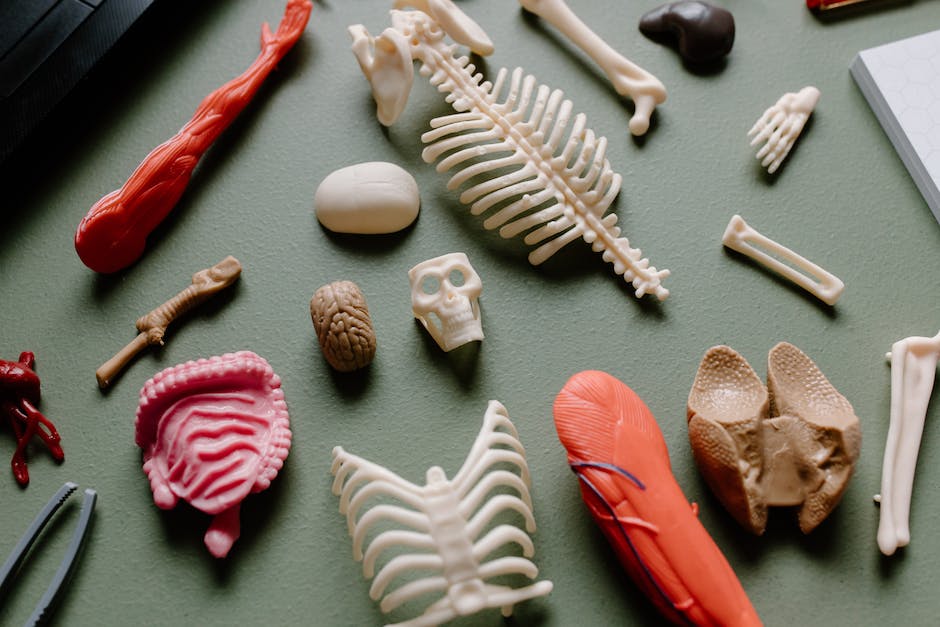
Does Coffee Make You Gain Weight?
Drinking a daily cup of coffee is a common habit for many people worldwide. But one question that often surfaces is this – does coffee make you gain weight? The answer is not black and white. It depends on how you consume your coffee and your overall health. For example, black coffee, without any additives, is low in calories and may aid in balancing blood sugar levels.
However, if you prefer a sweetened coffee loaded with grams of added sugar, artificial sweeteners, and cream, this can indeed lead to weight gain. Not only do these additives increase the caloric content, but the artificial sweeteners can also adversely affect your blood sugar levels, promoting weight gain rather than loss.
Coffee and Belly Fat
When it comes to belly fat, the type of coffee you choose and how often you consume it can make a difference. Consuming black coffee in moderate amounts may help reduce belly fat. The caffeine present in coffee can boost metabolic rates and aid in fat burning, potentially helping you in achieving your weight loss goals.
On the contrary, coffee drinks laden with sugar, cream, and other artificial sweeteners make the caloric intake shoot up, causing accumulation of belly fat. So, while caffeinated drinks can support weight loss, it’s important to monitor the types of coffee you consume and their ingredients.

Drinking Coffee for Weight Loss
It’s important to clarify that simply drinking coffee itself will not lead to weight loss or gain. Rather, it’s the type of coffee, how much of it you consume, and the additives you choose that can influence your weight. Despite the potential benefits of coffee, ultimately, a balanced diet and regular exercise are crucial for weight loss.
Some studies show that caffeine consumption can have a slight impact on weight loss, because each cup of coffee can generally contain between 95 to 200 mg of caffeine. When your body metabolizes caffeine, it can initially suppress appetite and the urge to eat, which in turn can help manage weight.

Black Coffee and Its Role in Weight Management
Many people prefer black coffee without any additives or sweeteners. As such, this version of coffee – with less than five calories per serving – is often the first choice for coffee lovers looking to lose weight. Black coffee helps keep your caloric intake in check, and the caffeine within may boost your metabolism too.
While black coffee can assist in weight loss, one must keep the caffeine consumption under check. Too much caffeine can stimulate the release of cortisol, a stress hormone, that when increased, might promote weight gain, beat the entire purpose of drinking black coffee.

Does Consuming Caffeine Guarantee Weight Loss?
Although we know that snacking or overeating can lead to weight gain, it’s less clear how consuming caffeine could affect weight. The influence of caffeine is both short-term and variable, depending on individual metabolic rates and tolerance.
Although there’s some evidence that caffeine may stimulate thermogenesis, leading to burn more calories, it is not adequate to solely depend on it to meet weight loss goals. Especially, because over-consumption of caffeine can lead to side effects like jitteriness, fast heart rate, and sleeping disorders.

Balancing Blood Sugar Levels with Coffee
A cup of black coffee with no sweeteners or cream can help in balancing blood sugar levels. The antioxidants and chlorogenic acid found in coffee beans may reduce inflammation and improve insulin sensitivity.
However, any benefits can be compromised by the grams of added sugar or artificial sweeteners in your coffee. These additives can cause a blood sugar spike and could potentially become a barrier in your weight loss journey.

Artificial Sweeteners: Friend or Foe in Weight Management?
Although artificial sweeteners can provide the sweet taste without adding calories to your drinks, they have raised concerns regarding weight gain. Some studies show these sweeteners might cause cravings for more sweet foods and lead to weight gain.
Alternately, dietary guidelines suggest that artificial sweeteners may be used as part of a healthy diet, but they are not magic bullets for weight loss. Therefore, it is recommended to consume these sweeteners in moderation and to focus on overall dietary quality and physical activity for weight loss.

Metabolizing Caffeine: A crucial factor in Weight Management
How your body metabolizes caffeine has a significant role to play in its impact on your weight. Some people can metabolize caffeine quickly while others can’t. The slower you metabolize, the longer caffeine stays in your body, prolonging its effects.
This can not only interfere with your sleep routine and contribute to stress, but also spike your blood sugar levels. However, as stated previously, the impact of caffeine is a combination of many factors, and weight loss can’t solely rely on it.

Suggested Caffeine Intake and The Risk of Weight Gain
Caffeinated drinks, when consumed in moderation, can be a part of a balanced diet. Generally, up to 400 mg of caffeine a day appears to be safe for most healthy adults. This amounts to about four cups of brewed coffee.
However, exceeding the recommended levels of caffeine intake can lead to weight gain, along with other health issues like insomnia, digestive problems and high blood pressure. Therefore, while caffeine intake can provide some benefits, moderation and a balanced diet still remain the key to weight loss.
FAQ
1. Does drinking coffee lead to weight gain or loss?
The effect of drinking coffee on weight largely depends on what type of coffee you drink, additives used, and your overall dietary habits.
2. Can black coffee help in weight management or reduction?
Yes, black coffee being low in calories can help in weight management. But it’s not a magic solution for weight loss and should be part of a balanced diet and regular exercise regimen.
3. How does consuming caffeine impact weight?
Consuming caffeine may boost metabolic rates and aid in fat burning. However, the effect is variable and depends on individual characteristics.
4. How can coffee help in balancing blood sugar levels?
Black coffee without sweeteners can help in balancing blood sugar levels due to its anti-inflammatory properties and ability to improve insulin sensitivity.
5. Do artificial sweeteners in coffee promote weight gain?
Though they don’t contain calories, artificial sweeteners have been linked to increased cravings for sugary foods which can lead to weight gain.
6. Is there an ideal caffeine intake for weight loss?
There is not an exact ideal caffeine consumption for weight loss as factors such as your total nutritional intake and physical activity level play a role.
7. Can a cup of coffee trigger belly fat?
Large volumes of sugar-laden or additive-rich coffee can lead to belly fat. However, black coffee may help in reducing belly fat.
8. What are the side effects of consuming too much caffeine?
Over-consumption might lead to jitteriness, fast heart rate, sleeping disorders, and in some cases, weight gain.
9. Does drinking coffee lead to cravings for sweet foods?
Coffee itself doesn’t lead to cravings, but artificial sweeteners in coffee might cause cravings for more sweet foods.
10. Can coffee help me achieve my weight loss goals?
While coffee can have some beneficial effects, it is not a standalone solution for weight loss. A balanced diet and regular exercise are crucial for achieving weight loss goals.








